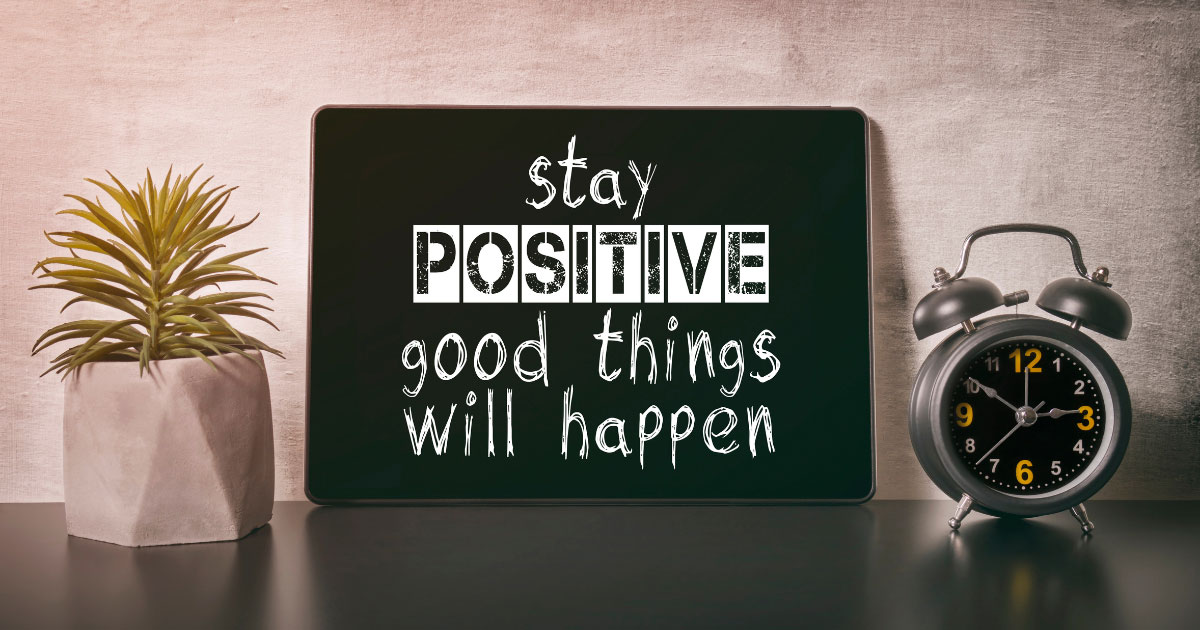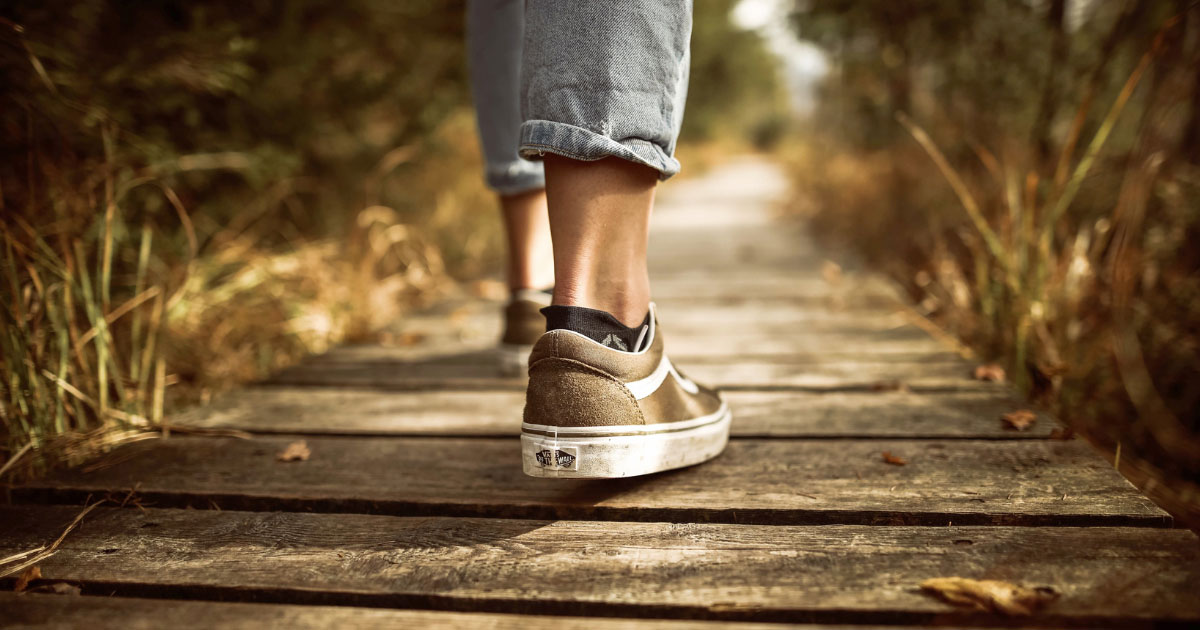With how pervasive the internet and social media are, it can be easy to assume that we’re more connected than ever before. These tools can make you feel like you have the world at your fingertips; after all, we can get answers to questions in mere seconds as we connect with people the world over. The web is purported to make finding new communities easy, as people are able to gain access to relationships with a number of people they’ve never met.
Unfortunately, I’ve found that the opposite is true – and this phenomenon, along with other issues, can make addiction and recovery extremely lonely. Join me as I explore the loneliness of recovery
Why Are We So Lonely in the Information Age?
While the internet ensures that we’re connected on a basic level, the problem is that these relationships are all parasocial. Unfortunately, far too many of us are not building real relationships with real people. We’re only able to view others through the lens they choose. As a result, as the predominance of social media rises, our ability to connect and build healthy relationships actually decreases.
This leaves us lonelier than ever before. When people get attached to these social media sites and spend so much time scrolling rather than actually interacting with other human beings, they can actually become addicted to these parasocial relationships. At the same time, feelings of loneliness grow. That’s because parasocial relationships can leave most people feeling unfulfilled. For some, turning to substances can seem like a convenient way to ease the feelings of loneliness or even as a way to jumpstart social connections that are only built on substance use.
The Relationship Between Loneliness and Addiction
The 2020 Pandemic forced much of the world into isolation, taking away many of the opportunities for genuine social interactions. From workplace relationships to friendships and social relationships all the way to familial relationships, interactions were severely limited. Most people started spending less time in the presence of others and much more time interacting through a screen.
As discussed earlier, an increase in isolation and dependence on parasocial relationships can increase loneliness. One early study discussed the necessity of psychological intervention and mental health care during disasters of all kinds, and COVID-19 was no exception. Additionally, one study shows that the greater the feelings of isolation and loneliness, the greater the impact on a person’s mental health. Isolation leads to people feeling more lonely, and loneliness can lead to substance use.
While substances are frequently used to combat difficult situations or feelings, they may also be used to cope with feelings of loneliness as an avoidance tactic. So, rather than facing feelings of loneliness and reaching out for help, a person may turn to the comfort of drugs or alcohol to combat these issues. In the same way that people suffering from anxiety or depression may use substances to numb or avoid these feelings rather than heal them, substances are often used to prevent feelings of isolation and loneliness.
Worse, substance use can itself cause severe isolation. Often, as the person tries to hide substance use from loved ones or minimize the way it has affected their life, they can fall deeper into substance use. People suffering from substance use disorder, or SUD, can eventually cause serious damage to their relationships, potentially losing them altogether. The loss of these relationships can lead to further isolation. This is a vicious cycle, with SUD fueling loneliness and loneliness continuing to fuel SUD.
Why Is Sobriety So Lonely?

If you’re currently in recovery, you likely know the pain of isolation in the depths of substance use disorder. However, while the correlation between SUD and loneliness is clear, you may not have recognized that there can be a significant risk of loneliness in recovery, too. This can be for a number of reasons. Those suffering from an SUD turn to substances to combat feelings of loneliness, and taking away these substances can make a person feel more isolated.
In addition to this, sobriety removes you from the relationships you had while actively using. Losing that community and those relationships can feel incredibly daunting. Think about the reality of beginning recovery: when you began your journey toward sobriety, you likely had to leave behind a small community of other substance users you had been a part of. Frequently, too, people suffering from SUD surround themselves with others who enable their behaviors or partake in the behavior alongside them. Worse, if you’ve isolated yourself from healthy relationships, you may be feeling lost regarding how to reconnect with those people – and the world – now that you’re in recovery.
For many, sobriety can feel like completely starting over, which can be scary.
How Do You Deal With Loneliness in Recovery?
The journey of recovery requires leaving the world of substance use behind, including any relationships that may hinder your progress. If you’ve damaged your previous relationships, it can take significant work to gain those back. Fortunately, there are ways that you can deal with loneliness while you’re working on recovery.
Acceptance
First, it’s important to accept the things you’ve done rather than hide from them. The thing that drove you to use substances in the first place – avoidance – only exacerbated SUD. It’s important that you face what you’ve done in the past, as well as your current situation, and take accountability. Accepting and remaining accountable for your actions can help you come to terms with the issues and help you heal from them.
Regular Meetings
No matter what recovery community you join, it’s important that you attend some kind of meeting or group aimed at helping you stay on the road to recovery. Attending regular meetings gives you a place to be social, allows you to connect with others, and helps you build new relationships with people who share the same goals as you. This is crucial, as these people know what you’re going through because they’re going through it, too. You can relate to each other’s stories, and you can work through the toughest parts together.
These solid connections help you combat loneliness and give you a new community. Your community can also help to hold you accountable during critical moments of your journey. Having people to lean on when you’re struggling helps you feel less alone, and when you know others can empathize with your situation, it can make it easier for you to continue on your path to sobriety.
Healing Relationships
As mentioned, people with SUD often damage close relationships when they’re trying to hide their struggle. Whether they’re family, close friends, or even working relationships, losing these connections can be incredibly damaging for people working toward recovery.
These relationships won’t heal overnight, but it’s important to make attempts to rekindle the relationship, beginning by apologizing and taking ownership of the situation. While this might not work right away, it’s definitely a good place to begin the healing process. These relationships can help you continue to hold yourself accountable throughout your recovery journey.
Find New Hobbies
Finding interests outside of substance use can help you deal with issues of loneliness in more than one way. From reading groups or clubs to sports and exercise, new hobbies give you access to new communities and help build relationships with new people. This helps fight loneliness and gives you different things to learn and focus on that aren’t feelings of isolation. It can also give you a sense of belonging and purpose.
Avoid Social Media
While avoiding social media altogether may be incredibly difficult, it’s important to limit the amount of time you spend on social media. Because social media and parasocial relationships keep you from building real relationships, it can also help to drive feelings of isolation and loneliness. This is exactly what you want to fight against in recovery.
So, What Is the Best Way To Overcome Loneliness?

As you can see, there are a lot of different tactics that a person can use in order to overcome loneliness. Still, this is an important part of the healing process. The most important things to keep in mind are accepting where you’ve been and where you are and finding a sense of meaning in everyday life.
As mentioned, acceptance is so important because it allows you to acknowledge any mistakes you’ve made in your past and hold yourself accountable for those actions. It also allows you to accept who you are now and that each step is a step forward. Similarly, finding a sense of meaning helps give you tools to fight against loneliness and SUD. This can be things like new hobbies, a new career, education, and much more. What’s important is that you have something to strive towards rather than letting SUD regain control of your life.
What Does the Big Book Say About Loneliness?
Last, it’s important to consider what one of the world’s most crucial resources for recovery has to say about loneliness. The Big Book is the book that’s used to guide Alcoholics Anonymous, and it has many things to say about loneliness.
In step 5, people take accountability for their past actions and any wrongs they have committed. One thing the Big Book says about loneliness during step 5 is that self-pity and alcoholism can lead to immense feelings of loneliness. This loneliness can damage your path to sobriety by driving you back to the SUD.
By allowing your substance use to diminish, you allow your loneliness to diminish, and you have a better chance to heal from your struggles. Leaving loneliness behind helps you be surrounded by people who care about you and lets you experience fellowship in a healthy and loving way.
When you’re working towards sobriety while connected to a community of people who are also on their own sobriety journeys, you’re never truly alone. It’s important to remain a part of this community to help you banish feelings of loneliness. Leaving this feeling behind helps you grow closer to your goal of long-term recovery.
The Path to Recovery

Recovery can be an incredibly difficult and lonely journey. All too often, people working towards sobriety find themselves working hard to fight off heavy feelings of loneliness. While everyone’s journey and struggle is unique, loneliness is a uniting factor most people in recovery can share. This can help you build relationships with others who may be suffering.
There are many different paths to recovery; however, one thing is clear: leaving behind loneliness is vital to the success of the recovery journey. While loneliness helps to drive isolation, and these two things work together to keep the cycle of addiction going, you don’t have to feel alone. When you build new relationships and gain new recovery tools, recovery can be within your grasp. In recovery, you’re never truly alone; with a strong community and a sense of purpose, recovery is within your grasp.
Keep going,
Jim
P.S. If you need help navigating your journey to recovery, contact me for help. I’m here to help you or your loved one find the right addiction treatment program for your unique needs. Reach out if you are struggling.
Resources:
- Akhtar, N., & Islam, T. (2023). Unveiling the predictors and outcomes of TikTok addiction: the moderating role of parasocial relationships. Kybernetes. https://www.emerald.com/insight/content/doi/10.1108/K-04-2022-0551/
- Talevi, D., Socci, V., Carai, M., Carnaghi, G., Faleri, S., Trebbi, E., Bernardo, A. di, Capelli, F., & Pacitti, F. (2020). Mental health outcomes of the CoViD-19 pandemic. Rivista Di Psichiatria, 55(3), 137–144. https://www.rivistadipsichiatria.it/archivio/3382/articoli/33569
- Richardson, T., Elliott, P., & Roberts, R. (2017). Relationship between loneliness and mental health in students. Journal of Public Mental Health, 16(2), 48–54. https://doi.org/10.1108/jpmh-03-2016-0013

Experienced Chief Executive Addiction Recovery and Mental Health Professional
Business professional in the Addiction Recovery and Mental Health industry for the past 26 years. Caring, compassionate and strongly motivated to make a difference in the organizations I am affiliated with and welfare of the population we serve. Currently focused on advocating, educating and developing projects leveraging evidence based, real time technology to support individuals in recovery.


